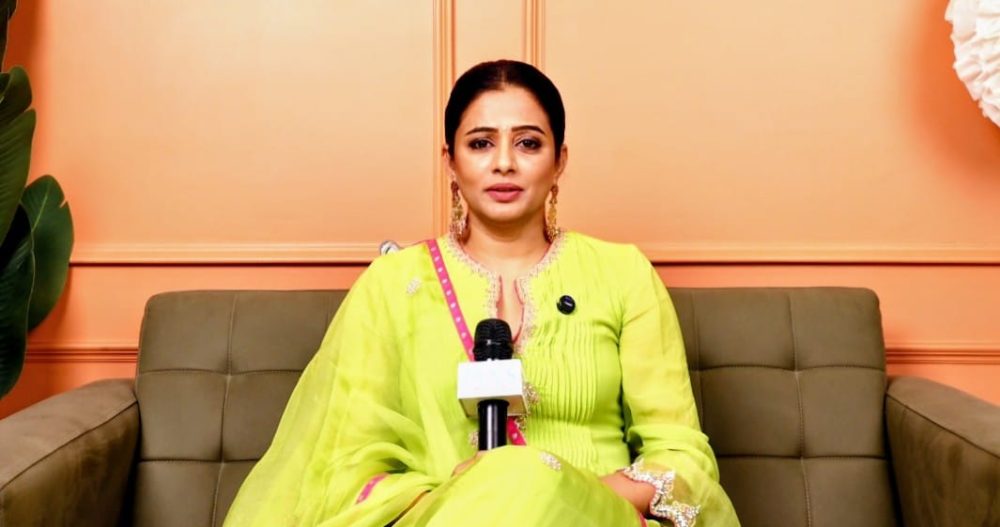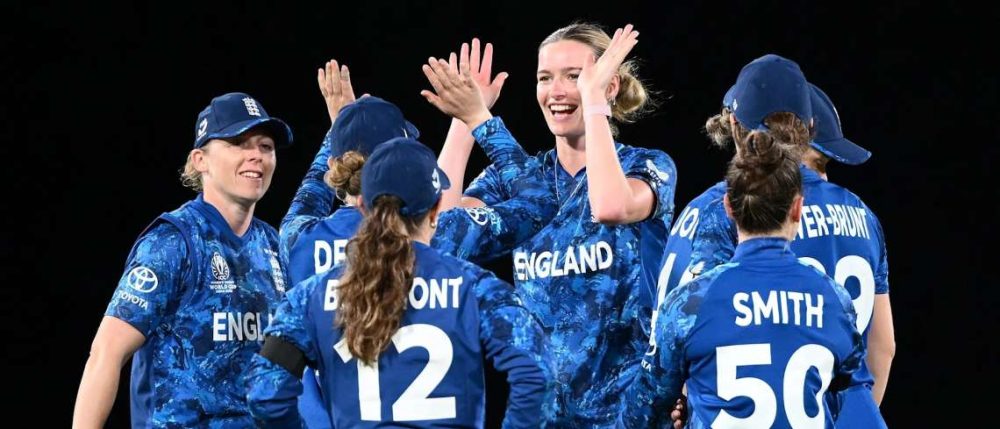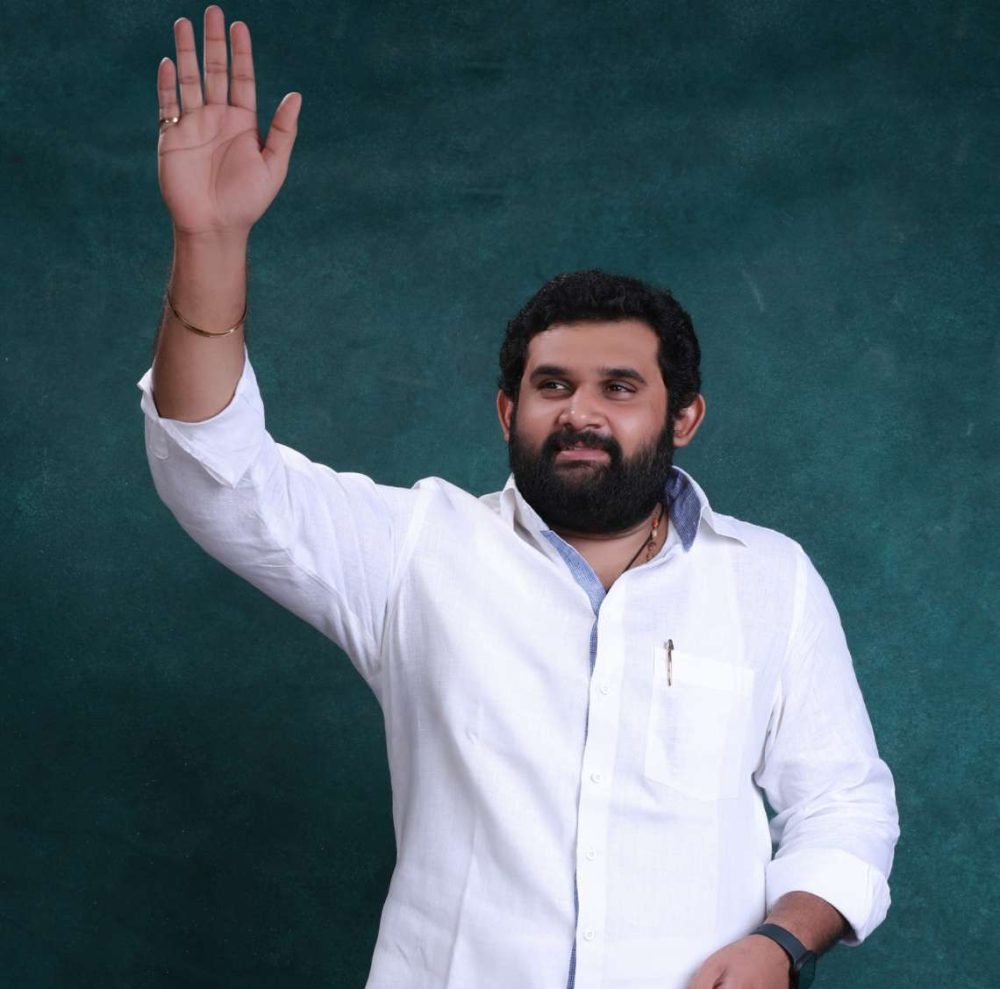
Music director, composer and singer-songwriter Samira Koppikar feel that creativity is beyond gender. “Patriarchy does exist in various industries. Yes, I have had strange experiences like when my vocals for a feature film song were dropped last minute as a male music composer duo got to know that I’m not just a singer but also a composer,” Samira told.
“But I’ve also had other male composer colleagues who not only encouraged me but even called to congratulate me on my Filmfare nomination for ‘Bareily ki Barfi’ or more recently appreciating the ‘Laal Kaptaan’ feature film album that I created. My experience has been good so far,” Samira, who has been singing and creating music since 2010. In 2015, she made her debut as a Bollywood music composer with the song “Maati Ka Palang” for the film ‘NH10’.
Her latest song “Rehguzar”, from the upcoming film “Bole Chudiyaan” is a melodic, youthful song which weaves the emotion of romance into its sonic fabric. Penned creatively by Puneet Sharma, it reflects the nuances and grandeur of the feeling of “falling in love”, says Samira who has also rendered vocals for this song. It features Tamannah and Nawazuddin Siddiqui.
 Love and romance have been an indispensable part of Indian film music since their inception, she says, and adds that modern love songs are sonically contemporary.
Love and romance have been an indispensable part of Indian film music since their inception, she says, and adds that modern love songs are sonically contemporary.
Taking a dive into the olden days, Samira shared: “Vintage Bollywood featured love songs which had strong melodies and memorable, meaningful lyrics. The highlight of the songs were the melodies, lyrics and singers’ voices. The backing music was lesser prominent and more organic, comprising of only live instruments.” Samira says that the evolution of technology in terms of sequencing, music programming and production has provided music composers with modern music creation systems. They now have the ability to use ambient, electronic or even organic sounds, drawing into sound banks, yet combining these with live instruments rendered by session artists.
“Hence, modern love songs are sonically contemporary. Some of them retain the essence of melodic and lyrical richness. Yet others don’t as at the time the background music dominate or the tunes and words are dumbed down to fit moulds that are considered commercially viable,” she said over email.
How does see the music industry changing post-pandemic?
“Post-pandemic one noticed more non-film or indie music releasing through various platforms. For a while now feature film albums have taken a slight backseat. Currently, theatrical releases of feature films are uncertain on account of the pandemic, in the meantime films are being released on OTT platforms… Songs of those films are releasing. OTT platform content consumption is healthy and now increasing. Web series, films, documentaries etc also have music requirements for background scores for which demand is increasing. Music requirements for advertising and TV serials had slowed down as well, but are gradually picking up due to the unlock since production houses have cautiously started shooting again.”
“Bollywood filmmakers have been exploring scripts and stories that are unique in terms of concepts. Music has been evolving and shall do so even further. Recently music composers have had the scope to create songs and background scores which are varied in terms of content, themes and sonic palettes. Yet requirements for the larger-than-life romantic tracks, groovy or party songs shall also be there which would be created as per needs of content makers,” she concluded.
Also Read-A Decade In Bollywood








